RT. Hon. Abbas Tajudeen (Ph.D)
Speaker
As of June 13, 2023, Tajudeen Abbas (Ph.D) assumed the role of House Speaker, having been duly elected to this prestigious position within the House of Representatives of Nigeria.

From its inception as the cornerstone of democracy to its pivotal role in shaping the nation's legislation, the House of Representatives has stood as a beacon of democratic governance, embodying the spirit of representation and civic engagement throughout the history of our great nation.
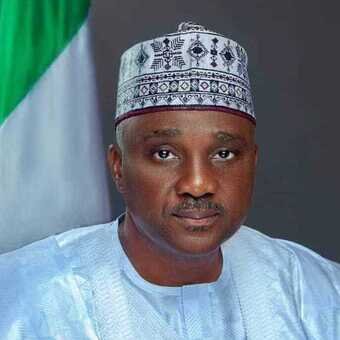
As of June 13, 2023, Tajudeen Abbas (Ph.D) assumed the role of House Speaker, having been duly elected to this prestigious position within the House of Representatives of Nigeria.
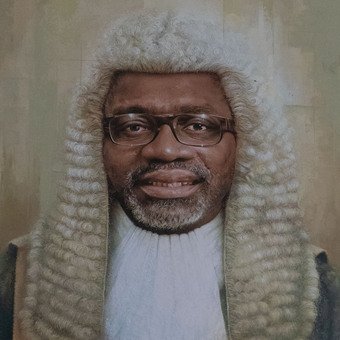
The period from June 12, 2019, to June 12, 2023, marked the Ninth Assembly of the Nigerian House of Representatives. During this time, the House of Representatives continued to perform its legislative functions, including passing bills and motions that had varying impacts on the Nigerian people.
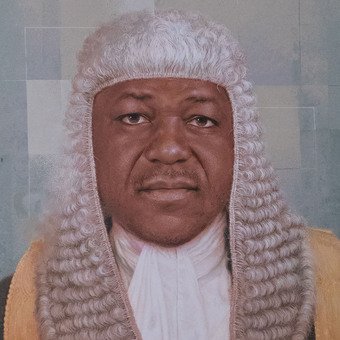
Speaker Yakubu Dogara led the House of Representatives as it performed its legislative functions, contributed to democratic consolidation, and addressed a range of national challenges. It was a time of general elections, multi-party politics, and ongoing efforts to address various issues within the framework of democratic governance.
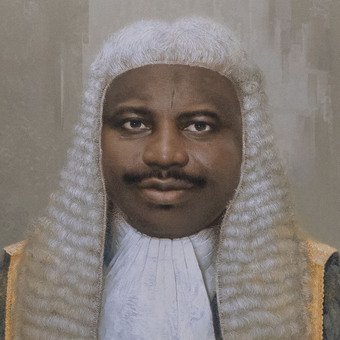
From June 6, 2011, to May 27, 2015, the Nigerian House of Representatives operated within the context of the Fourth Republic. Under the leadership of Speaker Aminu Waziri Tambuwal, the House continued its legislative functions, contributed to democratic consolidation, and addressed a range of national issues.
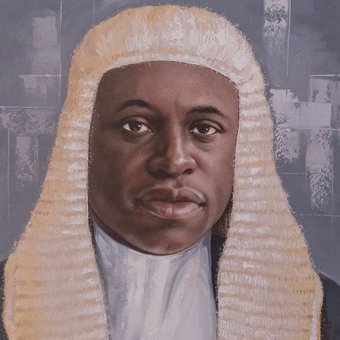
Speaker Dimeji Bankole presided over the House of Representatives, which carried out its legislative functions, including lawmaking and executive oversight. The era featured general elections, political party diversity, and ongoing efforts to address national challenges, contributing to the consolidation of democratic practices.
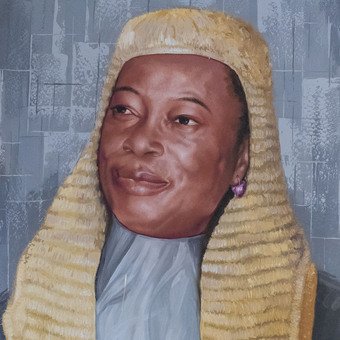
The period from June 5 to October 30, 2007, in the Nigerian House of Representatives was marked by a significant leadership transition and a controversy involving the Speaker, Honorable Patricia Olubunmi Etteh.
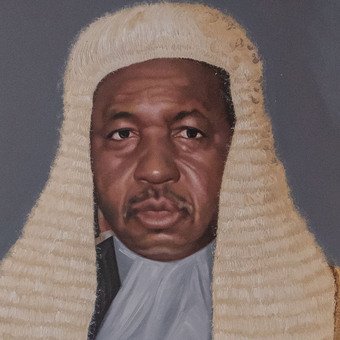
The period from 2003 to 2007 was a significant chapter in Nigeria's Fourth Republic. It represented continued progress in democratic governance and the maturation of political institutions. The House of Representatives played a crucial role in shaping legislative and political outcomes during this era.
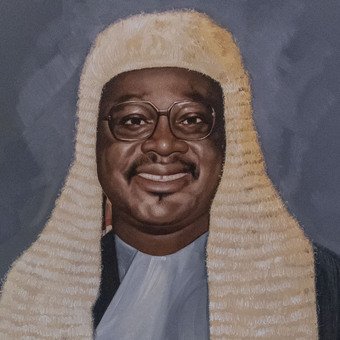
From July 29, 1999, to June 2, 2003, marked the early years of Nigeria's Fourth Republic, with Ghali Umar Na'Abba as Speaker. It signified the transition from military to democratic rule, marked by diverse political parties and the establishment of democratic practices.
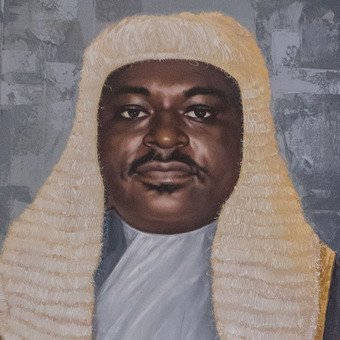
The period from May 29, 1999, to July 28, 1999, marked the early days of the Nigerian Fourth Republic. During this time, the country experienced a return to civilian rule after a series of military governments. The Fourth Republic in Nigeria began on May 29, 1999, with the inauguration of a new civilian government.
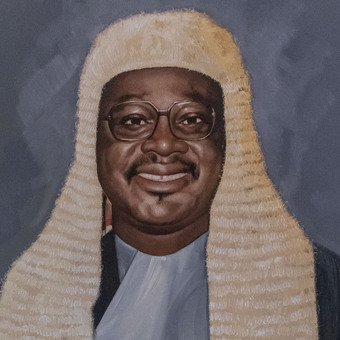
The Nigerian House of Representatives in 1993 was part of the transitional phase of the Third Nigerian Republic. The Third Republic was characterized by political developments and events that ultimately led to the annulment of the presidential election, political turmoil, and the eventual return to military rule.
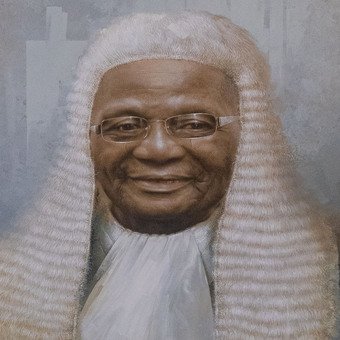
This period marked the latter part of the Second Republic which had begun in 1979 with the return to civilian rule. However this democratic experiment was cut short by a military coup on 31st December 1983 leading to the end of the Second Republic and the dissolution of the National Assembly.
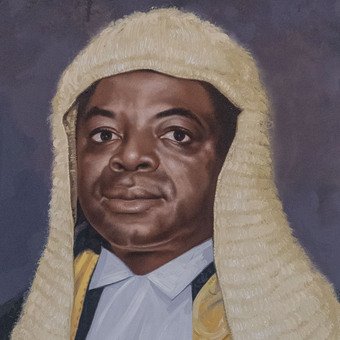
The Second Nigerian Republic following the first republic's demise was a short-lived period marked by a transition to civilian rule in 1979 under General Olusegun Obasanjo's leadership after the assassination of General Murtala Mohammed in 1976.
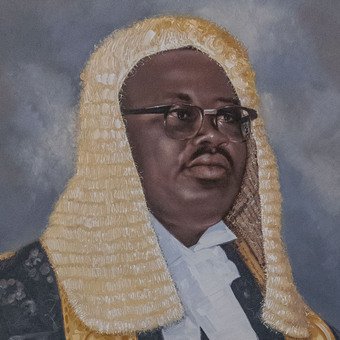
The period from 1961 to 1966 was part of Nigeria's First Republic which began in 1963 and ended in 1966.
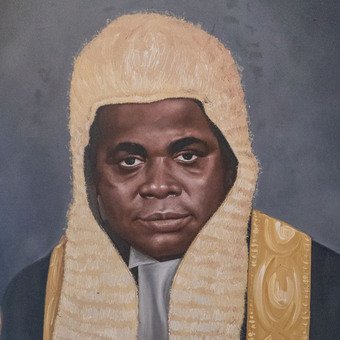
Nigeria achieved full independence from British colonial rule on First October 1960. This period marked the beginning of Nigeria's status as a sovereign nation.
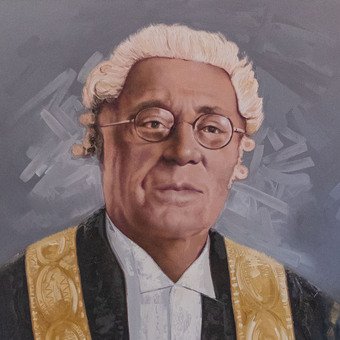
This period saw a growing sense of nationalism and demands for self-determination among Nigerians. There were calls for more autonomy and self-governance.
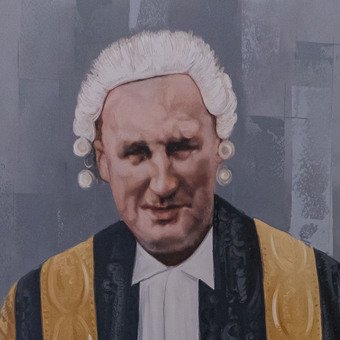
During this period Nigeria was still under British colonial administration and the Nigerian House of Representatives was part of the legislative system that laid the groundwork for self-governance.